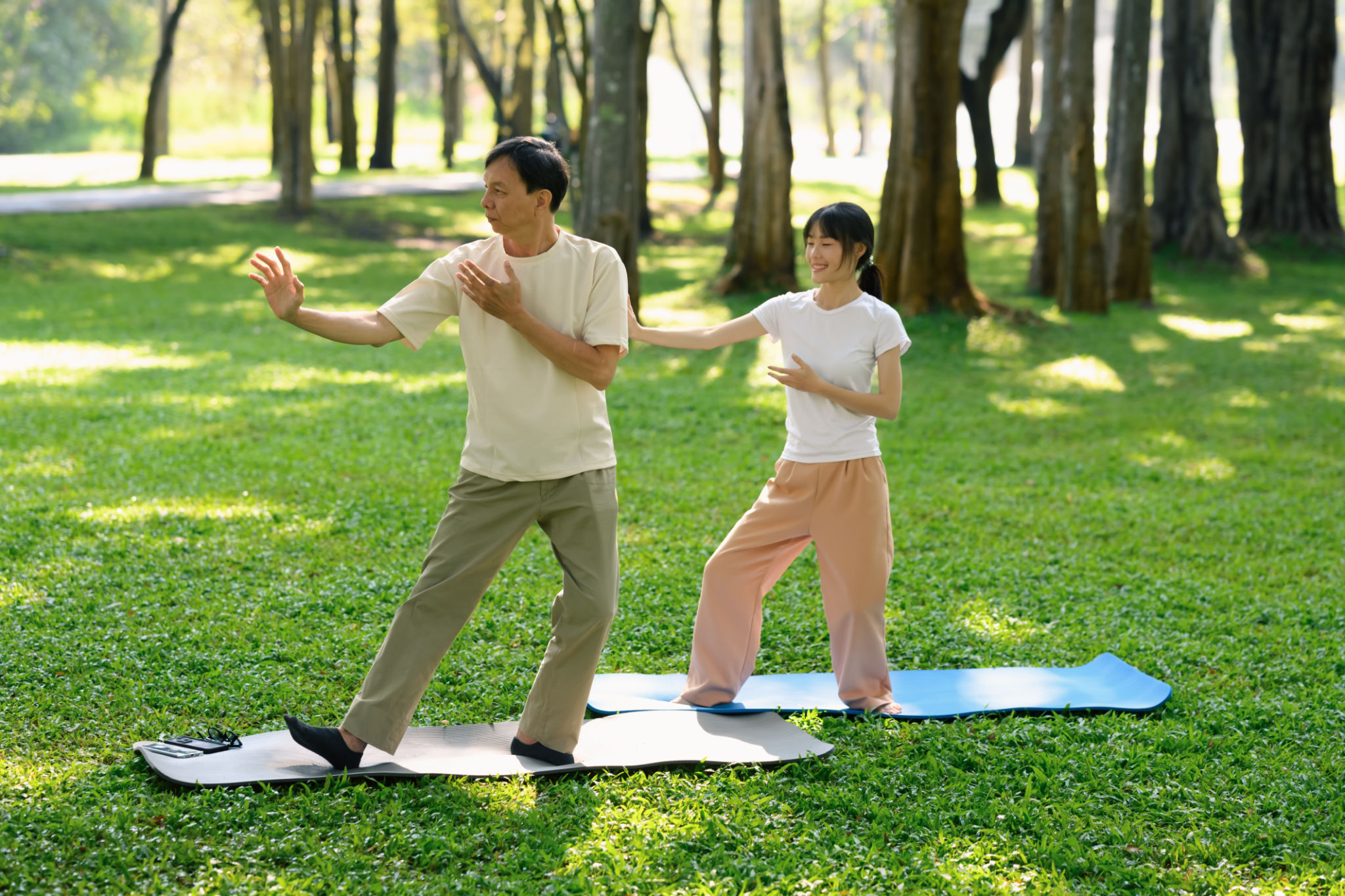How Martial Arts Training Can Improve Your Mental Health
The Connection Between Martial Arts and Mental Health
Martial arts training is often associated with physical fitness, self-defense, and discipline. However, its benefits extend far beyond the physical realm, offering substantial improvements in mental health. Engaging in martial arts can lead to reduced stress, enhanced focus, and increased self-esteem, among other psychological benefits.

Stress Reduction Through Physical Activity
Participating in martial arts is an excellent way to alleviate stress. The physical exertion involved in martial arts practice releases endorphins, which are natural mood lifters. This regular physical activity can help reduce anxiety and depression by promoting a sense of well-being and relaxation.
Enhancing Focus and Concentration
Martial arts require intense focus and concentration. Whether you're learning a new form or sparring with a partner, staying present is crucial. This practice of mindfulness can translate into better focus and concentration in everyday life, helping you manage tasks more effectively and feel more grounded.

Building Self-Esteem and Confidence
As you progress in martial arts, you achieve new skills and overcome challenges, which can significantly boost your self-esteem and confidence. The sense of accomplishment from mastering a technique or earning a new belt empowers you to face other life challenges with a more positive mindset.
Fostering Discipline and Resilience
The discipline learned through martial arts training is a valuable asset for mental health. It encourages resilience by teaching you to push through difficulties and setbacks. This resilience is beneficial not only in martial arts but also in dealing with life's various challenges.

A Community for Support and Belonging
Joining a martial arts class provides a sense of community and belonging. The camaraderie among practitioners can be a source of support and motivation, helping you feel connected and less isolated. This social aspect is crucial for maintaining good mental health.
Improving Emotional Regulation
Martial arts training helps individuals develop better emotional regulation skills. By learning to control their responses in high-pressure situations, practitioners can apply these skills beyond the dojo, leading to improved interactions in personal and professional environments.
Conclusion: A Holistic Approach to Well-Being
Incorporating martial arts into your routine offers a holistic approach to well-being by improving both physical and mental health. Whether you're seeking stress relief, increased confidence, or a supportive community, martial arts can be a transformative journey toward better mental health.